A European company that manufactures industrial equipment was found by its national regulator not to have disclosed inside information immediately. This anonymised case study shows the importance of adhering to the Market Abuse Regulation (MAR) requirements regarding the management of specific, non-public information that could significantly influence the price of a financial instrument, if it becomes publicly available.
In this case, the delay led to financial penalties as well as a negative impact on the organisation’s shareholders and damage to its reputation.
Background
At the centre of MAR’s provisions is the correct management of inside information, preventing parties with access to such information using it to carry out insider trading, giving them unfair insight on the market.
This could include:
- Buying stock, knowing that the value of it will rise once the news becomes public
- Selling securities ahead of the release of information about a negative outcome that is likely to reduce their price.
However, there are still companies and individuals who are tempted to contravene MAR’s clear guidance to gain an advantage on the capital markets. This is why it is essential to disclose inside information immediately or to carry out the necessary insider list processes if you meet the criteria to delay disclosure.
In the mid-2020s, a major international manufacturing firm, based in an EU member state, generated a piece of inside information. However, instead of making the news public, the issuer did not disclose the information, prompting an investigation once the regulator uncovered the omission.

What happened next?
Not all information generated by a business is inside information. It must meet these criteria:
- Non-public, with knowledge of the information not yet widely available to the markets or investment community.
- Of a precise nature, meaning an investor could infer its effect of the information on share price with confidence
- Would have a significant impact on the price of a financial instrument if made public.
A company might argue that the information does not meet one or more of these criteria, which would mean it should not be classified as inside information. In the case of the manufacturing company, the national regulator’s investigation found that it did meet all three elements, and the company should have disclosed it immediately.
As a result, the regulator imposed a sanction of €280,000 on the company, a significant fine to reflect the seriousness of the infraction. Furthermore, on the announcement of the repercussion, the company’s share price fell nearly 1.5%, impacting its shareholders and indicating the sentiment towards the business after it was found to have failed in its compliance processes.
What we can learn
It is essential that issuers have in place systems to identify inside information so that the company can act immediately. In cases where there is good reason to delay the disclosure, you must be able to meet these three requirements:
- Disclosing the information straight away would harm the interests of your company
- The information is not in contrast with your latest public communication on the same matter
- You can guarantee it remains confidential.
Then, you must inform the regulator immediately after you make the information public. You are obliged to create an insider list for every piece of inside information where you have delayed disclosure. It must include all people with access to that information and be updated as they gain or lose access to it.
How InsiderLog helps
InsiderLog streamlines the process of creating and managing insider lists. You can also document the time, date and reason for delaying the disclosure of inside information. Add the justification, meeting the criteria laid out in the updates to MAR, as written comments on the list so you can export it and send it to the regulator when required.
The platform provides templates for lists that meet the standards required by the European Securities and Markets Authority. InsiderLog also timestamps and archives each version of the list and sends automated reminders to insiders to confirm understanding of their obligations. This ensures you meet your insider list requirements and comply with MAR. Request a demo today.
References and further reading
- Develop a strong compliance strategy
- Digital transformation for compliance
- EU insider trading compliance
- Definition of an insider list
- Market Abuse Regulation outlined
Related Articles
See all postsThe Bank Fined for Harassing Whistleblowers
02-12-25
Nearly €2 Million in Fines for Late Disclosure of Inside Information and Insider Dealing
18-11-25
The Interior Ministry Fined for Reassinging Protected Whistleblowers
26-05-25
The Case of Whistleblower Repression
19-05-25
The Biotech Firm That Withheld Inside Information
29-04-25

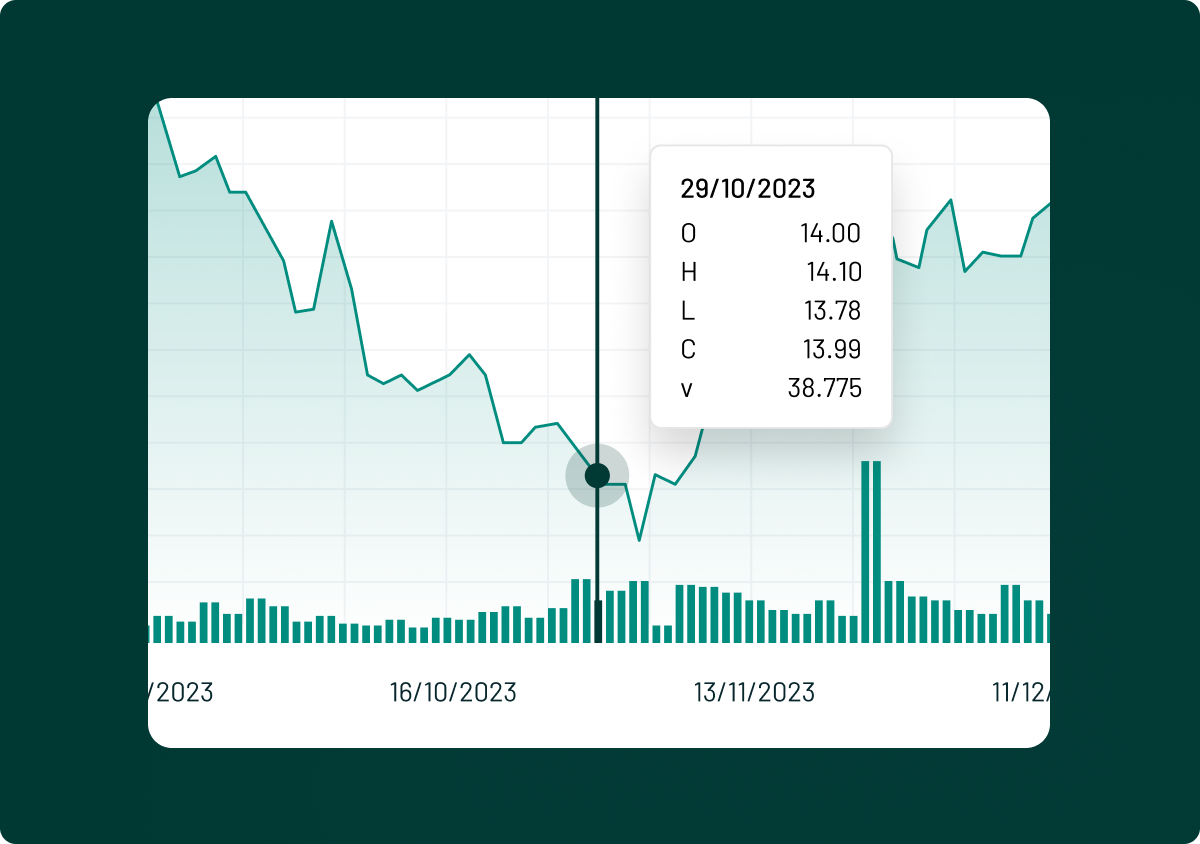
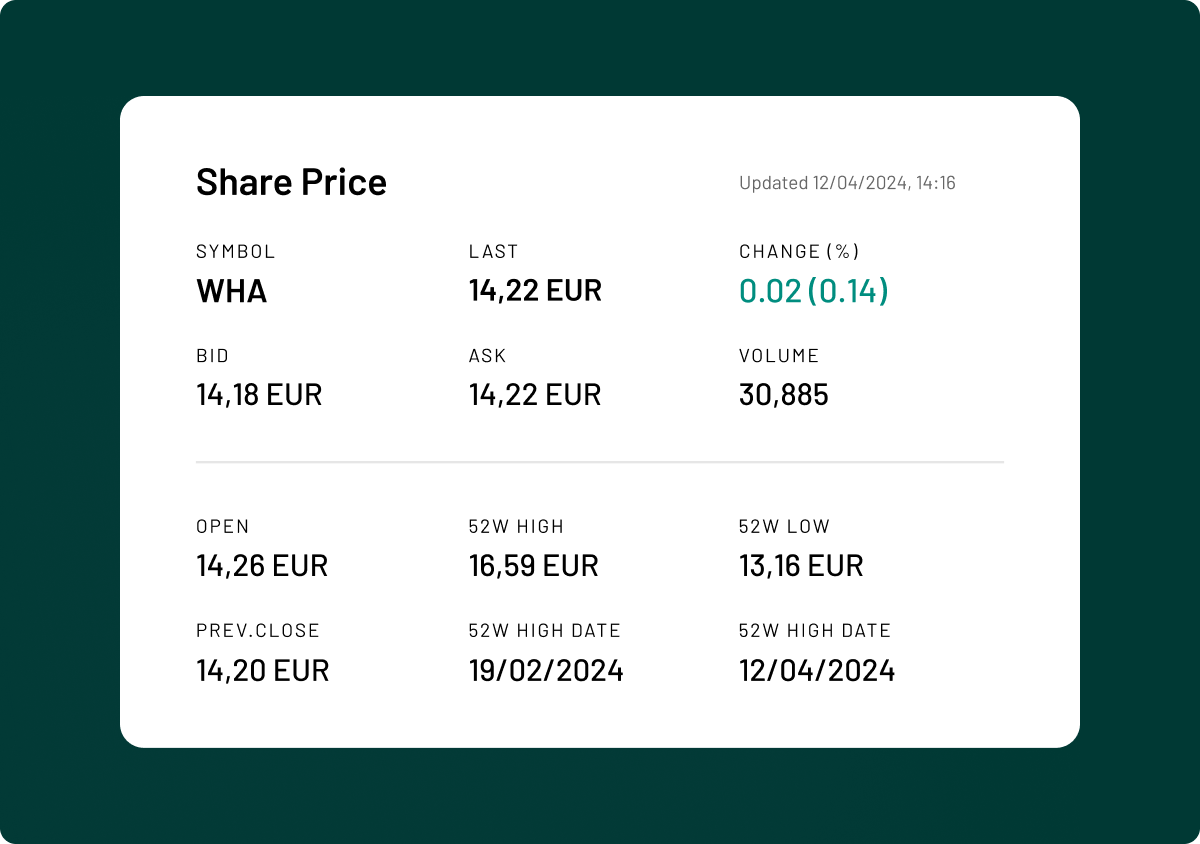



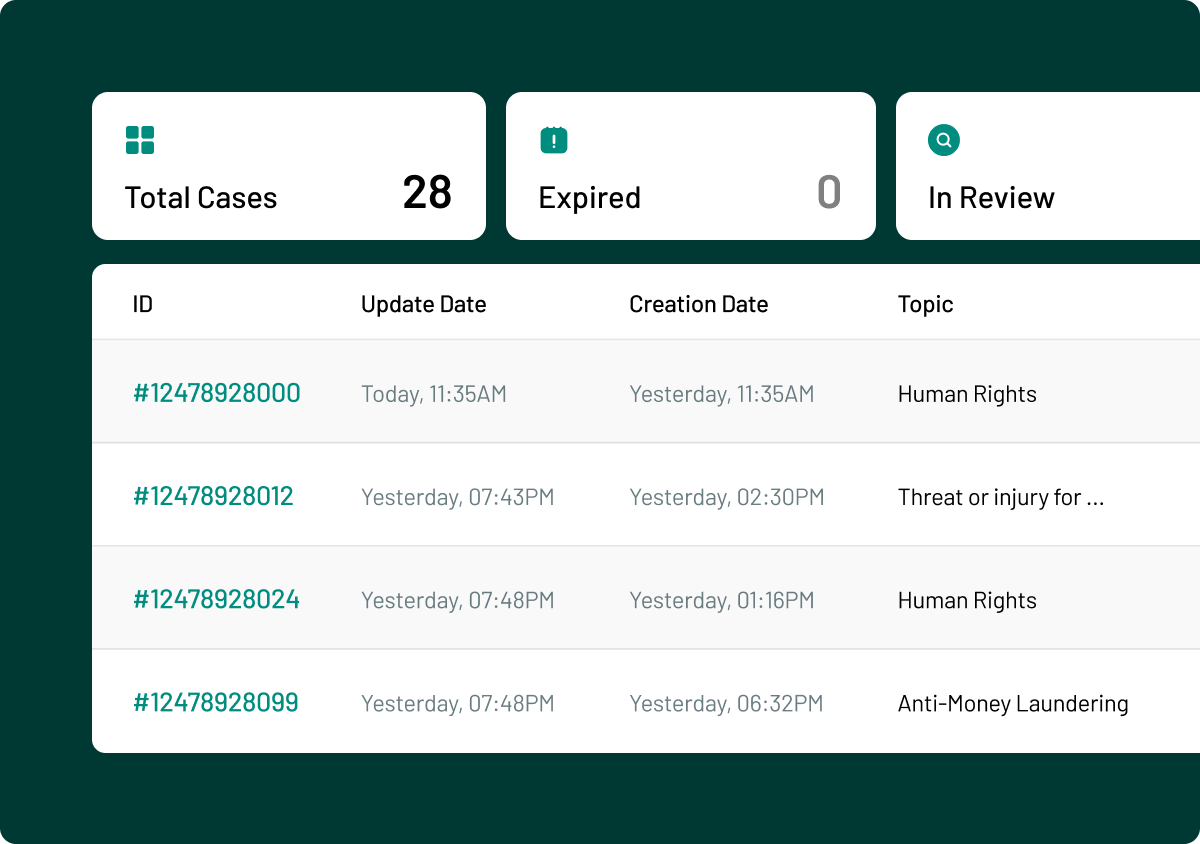

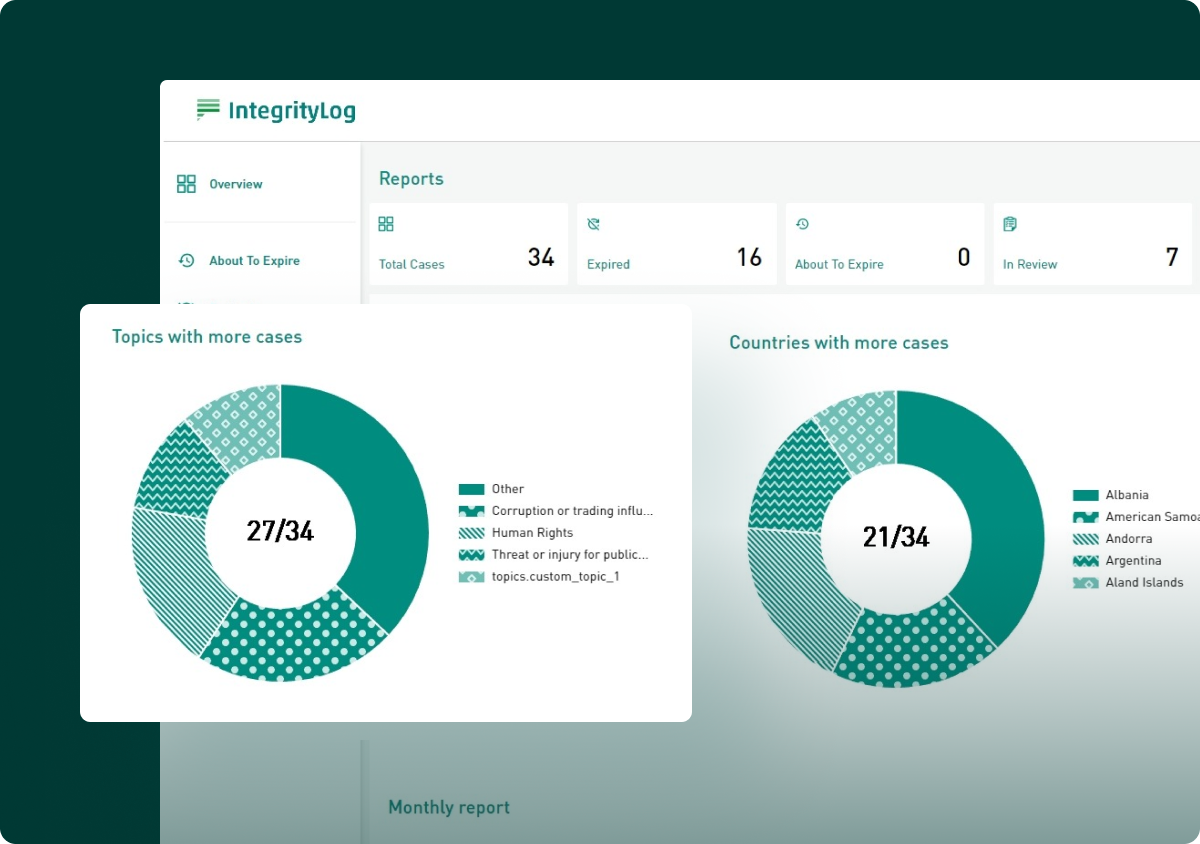
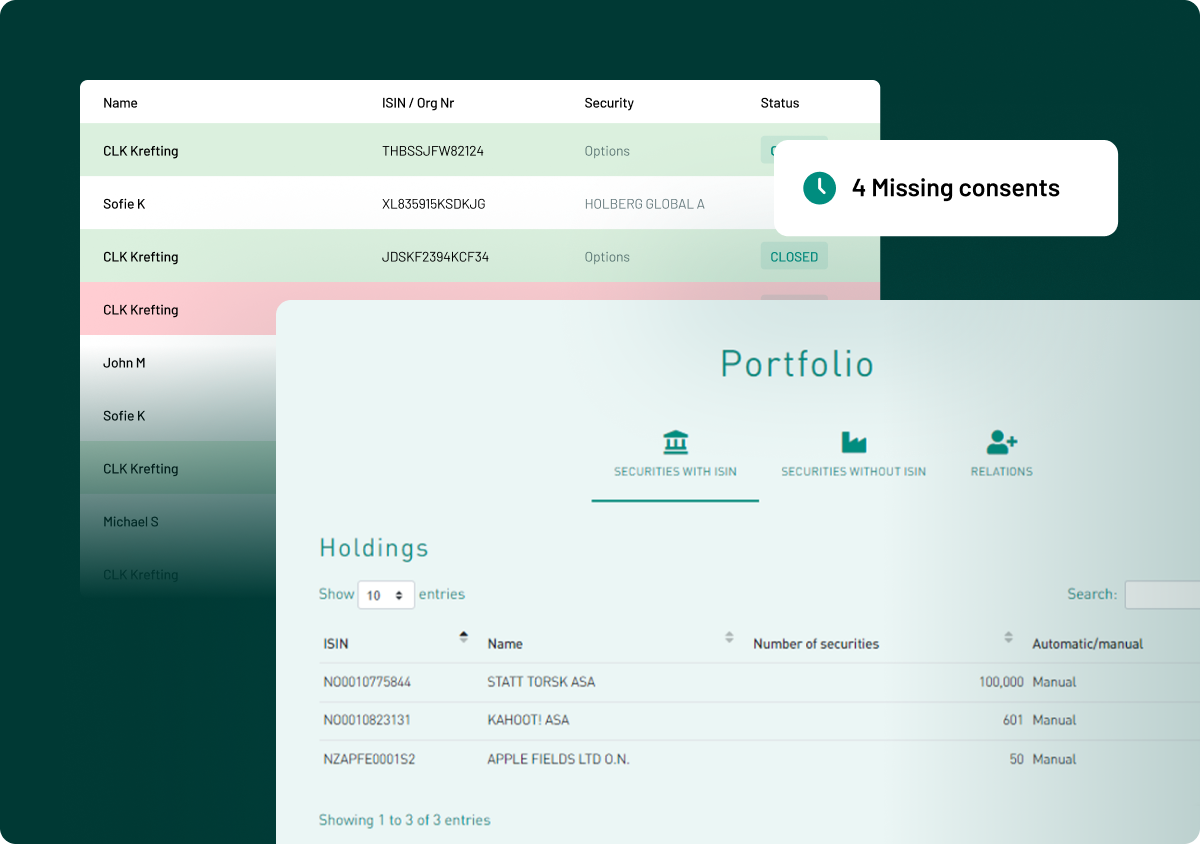
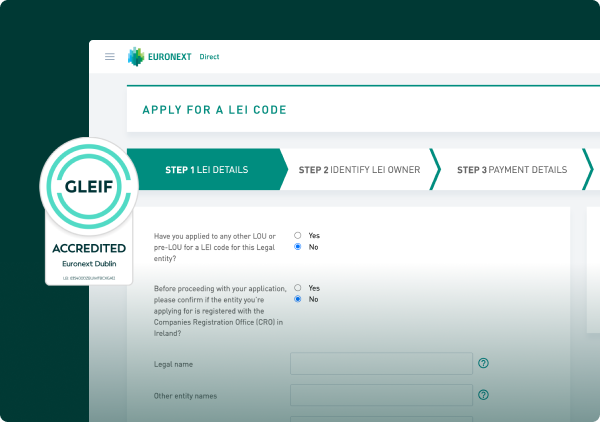

.png)
.png)


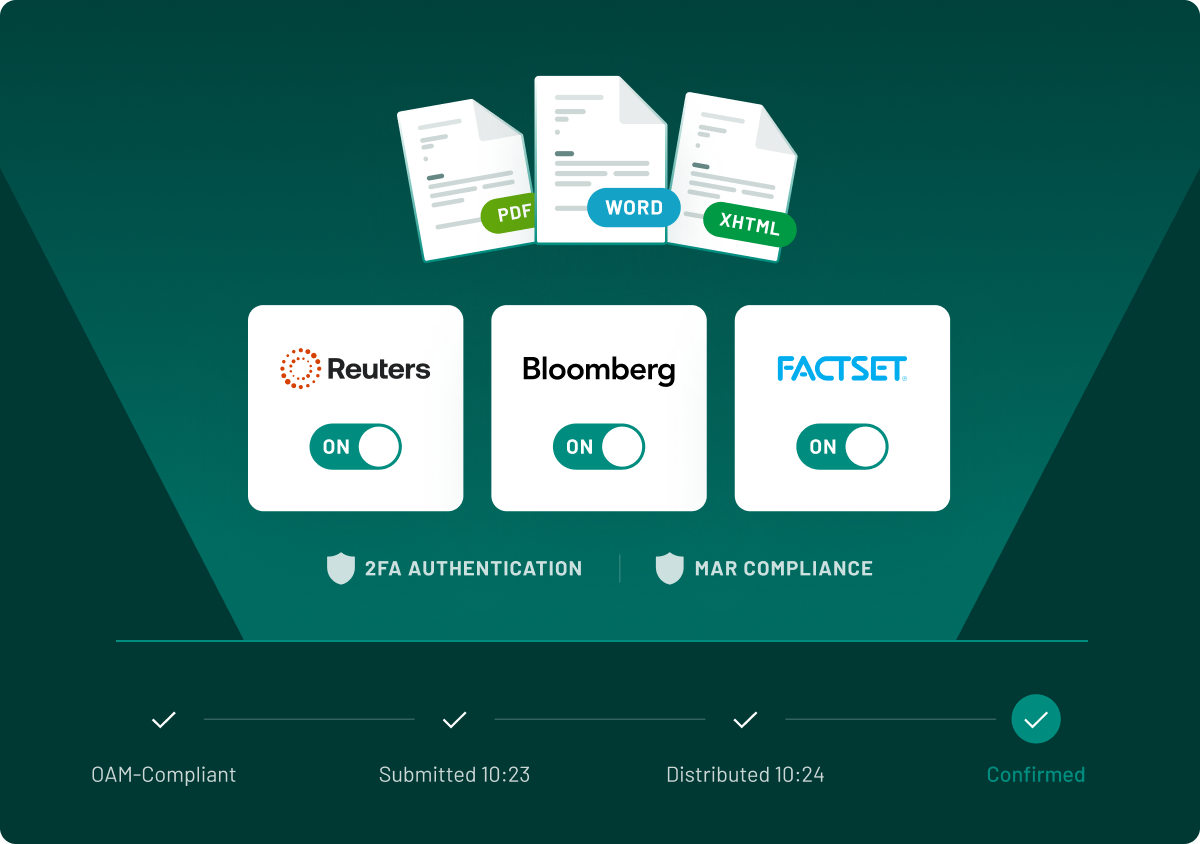




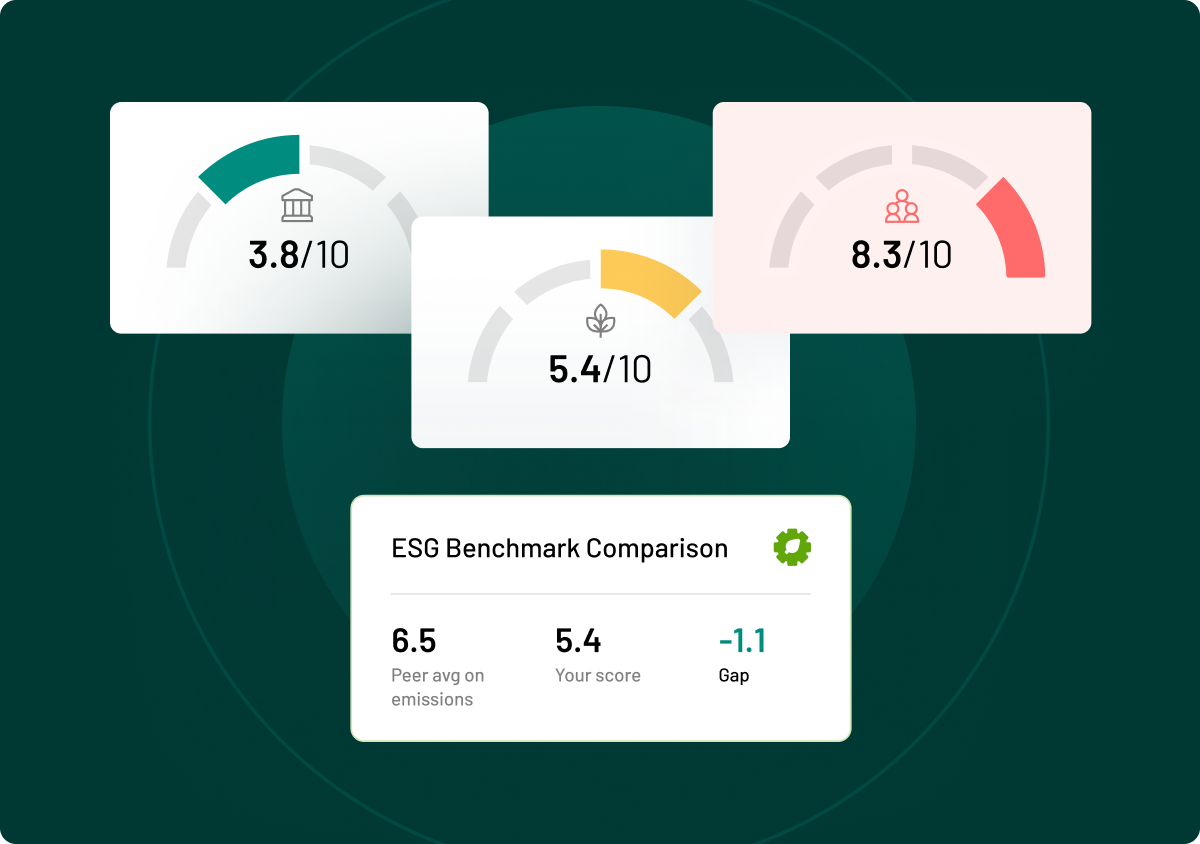







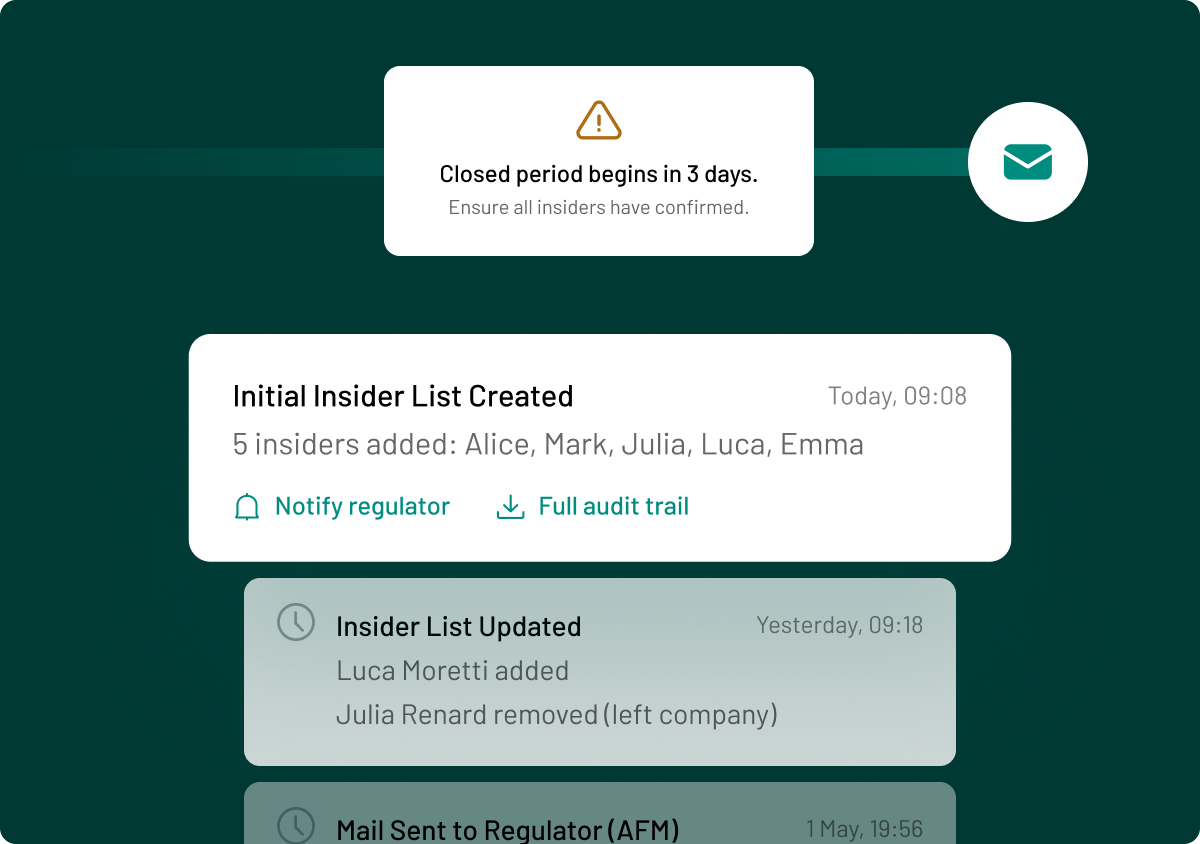
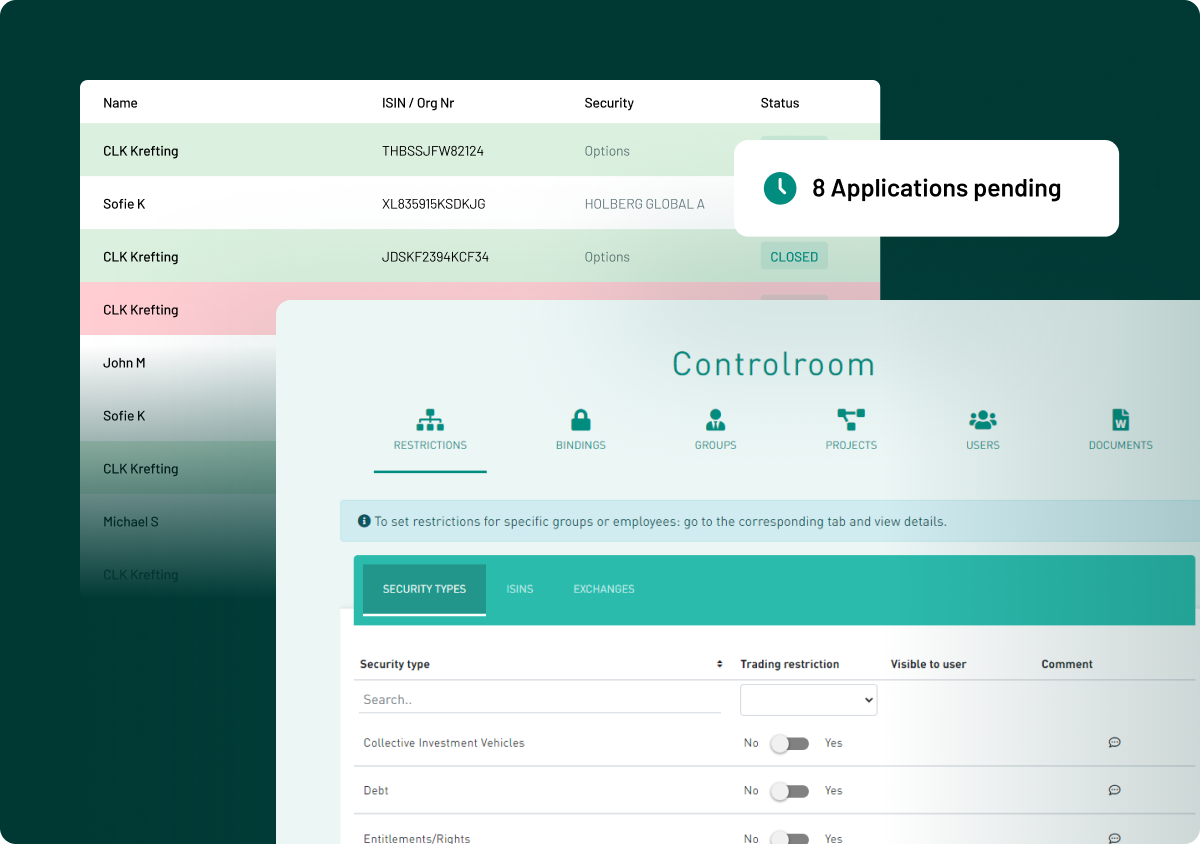
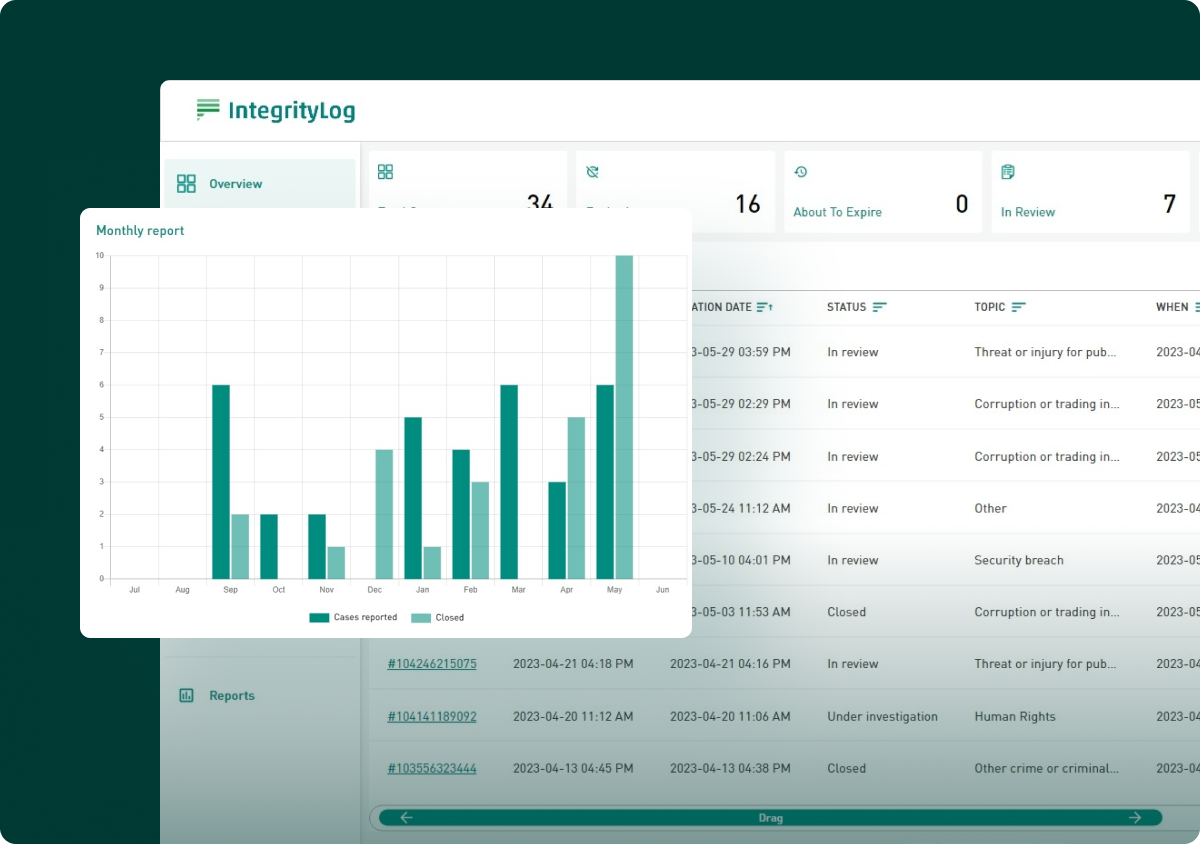
.png)
.png)
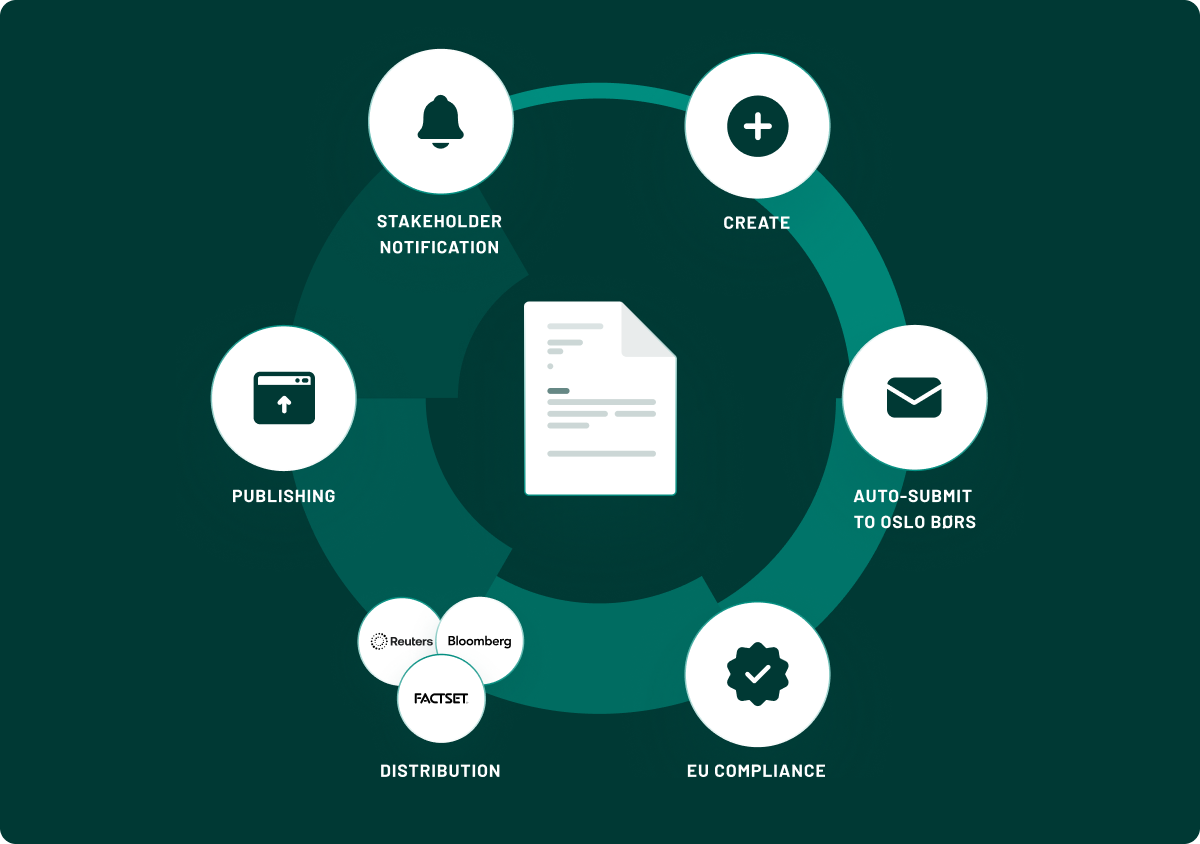






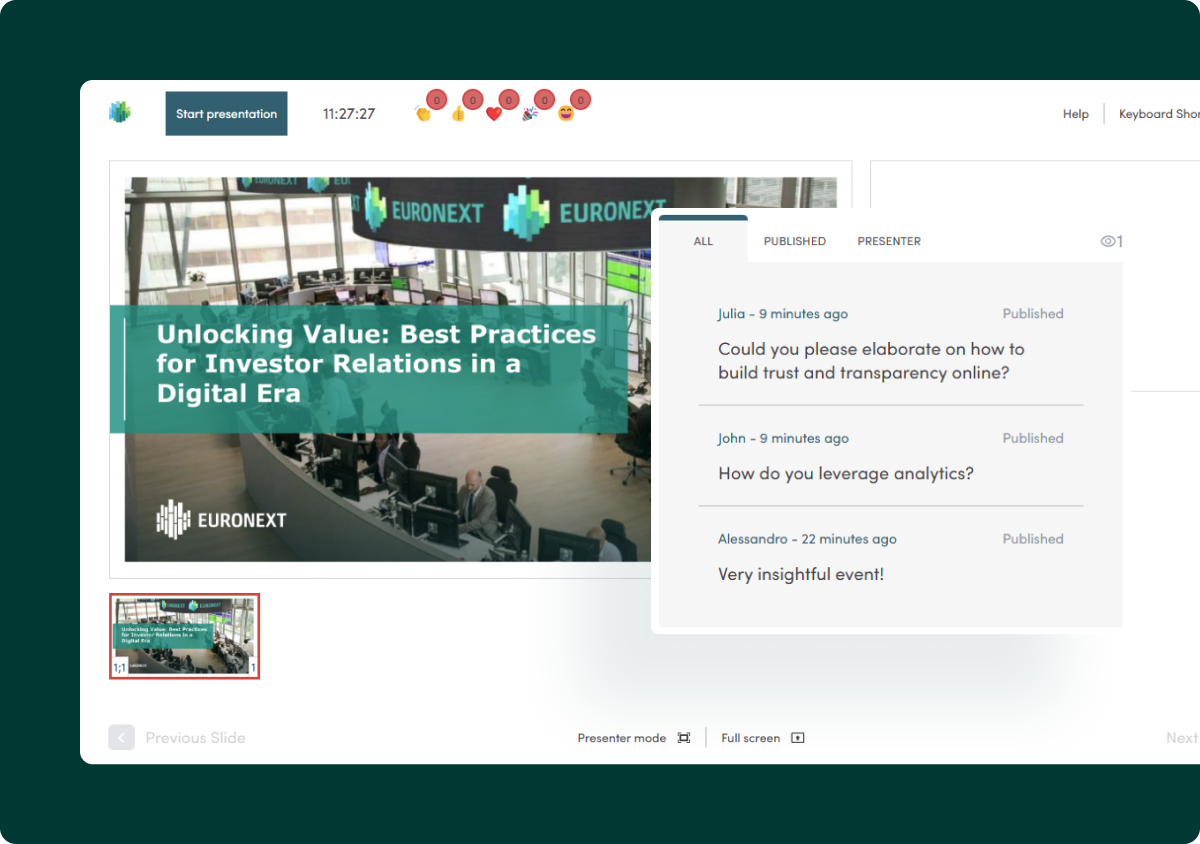







.webp)





